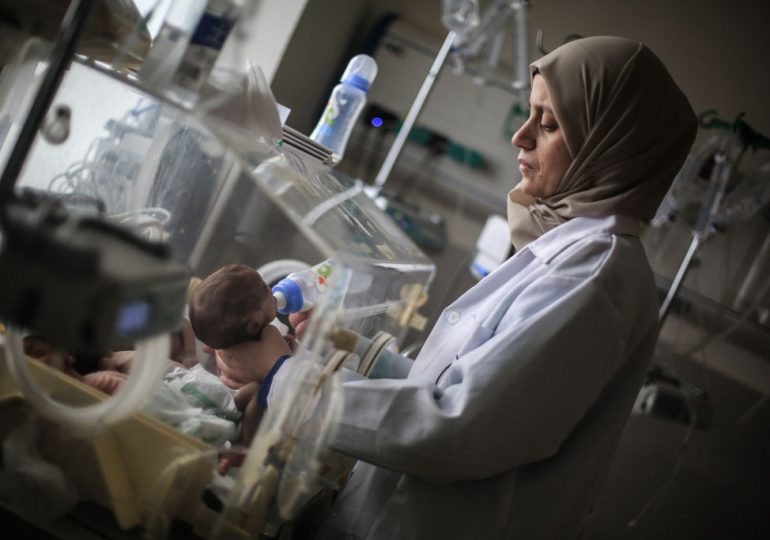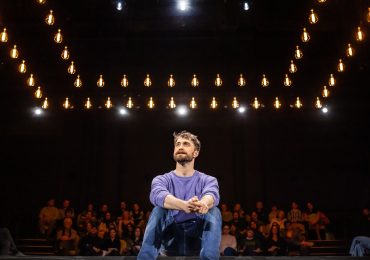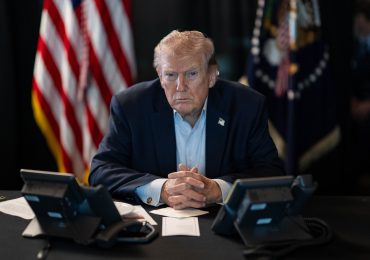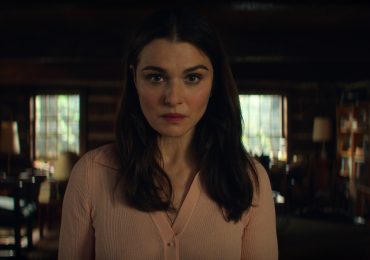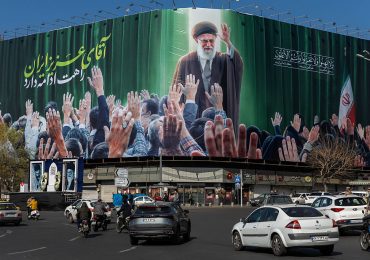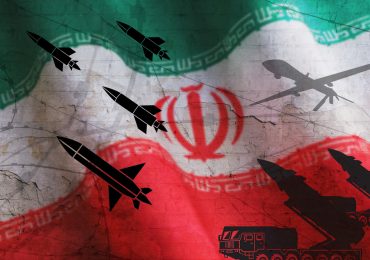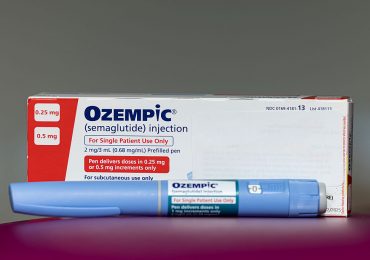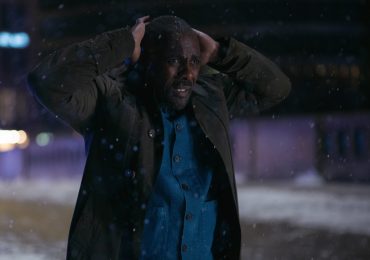On October 31, Dr. Hammam Alloh was the last nephrologist at Al-Shifa Hospital and the last nephrologist in Gaza. When asked by a journalist why he wouldn’t evacuate south with his wife and two children despite heavy bombing and the encroaching Israeli army, he didn’t hesitate. “And if I go, who treats our patients? We are not animals. We have the right to receive proper health care. You think I went to medical school and my postgraduate degrees for a total of 14 years so I think only about my life and not my patients? … Do you think this is the reason I went to medical school, to only think about my life?”
[time-brightcove not-tgx=”true”]
Two weeks later, Dr. Alloh was killed alongside several members of his extended family in an Israeli airstrike.
Close your eyes and imagine working long hours in the hospital, without the proper equipment to care for scores of injured patients crowding the hospital hallways. Imagine doing so knowing that you are facing certain death, knowing that you will be forced to leave your family behind. Imagine the fear and grief and rage and helplessness you would feel, that Dr. Alloh and his colleagues must have felt. And then remember that in the face of fear, Dr. Alloh chose to stay with his patients. He died because he refused to believe that his life was somehow worth more than theirs. He rejected any reference to the idea that Palestinian lives are somehow disposable, that Palestinians are “animals,” that civilian casualties are “the price of waging war.” By standing by his patients, at the cost of his own life, he stood up for their humanity– something the rest of the world has largely failed to do.
Gaza is currently in darkness. Israel cut off the electricity weeks ago, along with the water supply. Though targeting hospitals is a war crime, the Israeli military infiltrated part of Al-Shifa Hospital after claiming it was the site of a Hamas headquarters. Colleagues of the hospital’s healthcare workers largely lost contact with those inside. A few text messages from doctors made it through: “As snipers surrounded the hospital compound, Israel and the United States continued to justify Israel’s breach of international law. We are alone now. No one hears us.” As soldiers surrounded the hospital compound, Israel and the United States continued to justify Israel’s breach of international law.
To the people of Gaza, to Palestinians, there is no question now that the world has abandoned them. As of November 20, over 5,000 children have been killed. The total death count is reported at over 12,000 and could be even greater.
As healthcare workers in the U.S., as I am, many of us serve patients who are refugees and asylum seekers fleeing violence from around the world. We see the cost of oppression and state-sanctioned violence everyday in our hospitals and clinics. We bear witness to the stories of our patients and to the toll such experiences have on their physical and mental health. We listen to them and we tell them that no one should ever have to experience what they experienced. We promise them that we care about them, that they are safe now. We do what we can to help them heal.
But what are we telling our patients when we and our institutions in the U.S. remain silent about the astounding death toll and forced evacuation of Palestinians in Gaza? If we do not value the lives of Palestinians, what are we saying about how much we value the lives of our patients? If we only care for people once they are refugees—after they have fled unimaginable trauma and traveled thousands of miles, only to show up at our hospital doorsteps looking for a place, any place, to go– do we actually care for their lives? Do we only care about people if and when they survive their trauma of oppression? Our institutions claim to be leaders in health equity. They claim to provide exceptional care regardless of race or creed. Yet, there are children in Gaza who are watching as their family members are being killed, and the world does nothing in response. As both a family doctor and a psychiatrist, I know what this does to a child’s psyche, what such a combination of violence and neglect does to a child’s belief in her own worth.
One of the biggest causes of burnout among our healthcare profession is the moral injury we providers experience when we cannot address the root causes of people’s suffering. Too often, we see patients for whom we can only offer too little care, and too late. We talk to our patients about structural racism and intergenerational trauma, but this feels like putting a bandaid over an ocean of hurt. We come up with innovative ways to address PTSD, but what we really want is for no one to have to go through trauma in the first place.
Right now, we as healthcare professionals cannot be neutral and we cannot be silent. We must use our position as experts in health and human lif to pressure our institutions and public representatives to call for an immediate ceasefire. The statement of claimed neutrality from the American Medical Association missed an immense opportunity and failed to fulfill amoral obligation we have as providers. As a doctor, I took an oath when I first donned my white coat. “I solemnly pledge to dedicate my life to the service of humanity.”
To my fellow healthcare workers of the world, it is time we reflect on the words of Dr. Hamman Alloh and remember why we went into this profession in the first place. It is time we live up to the values modeled by the brave healthcare workers of Gaza. It is time we stand up for the humanity of Palestinians and stop this genocide. For if we don’t stand for Palestinians, who will stand for our patients? Is this the reason we became healthcare professionals, to only think about our own lives?
Leave a comment
